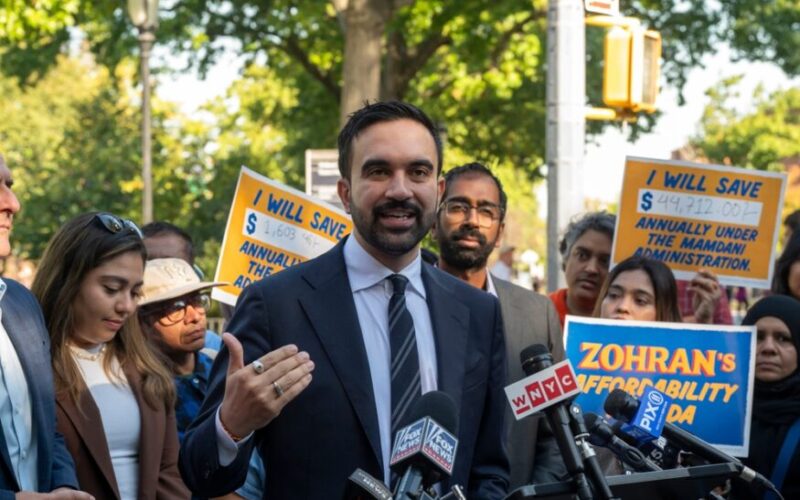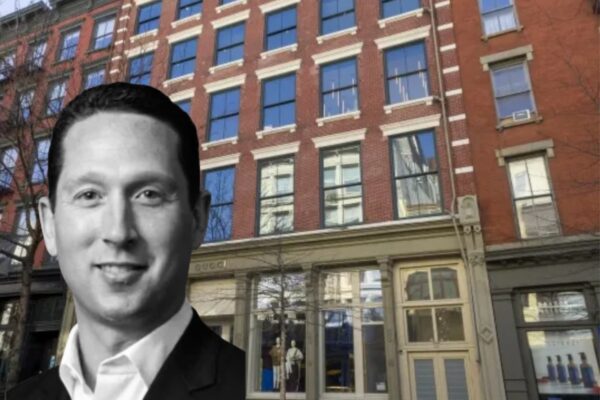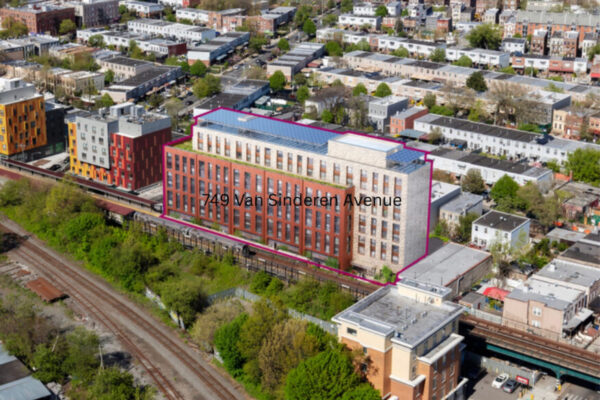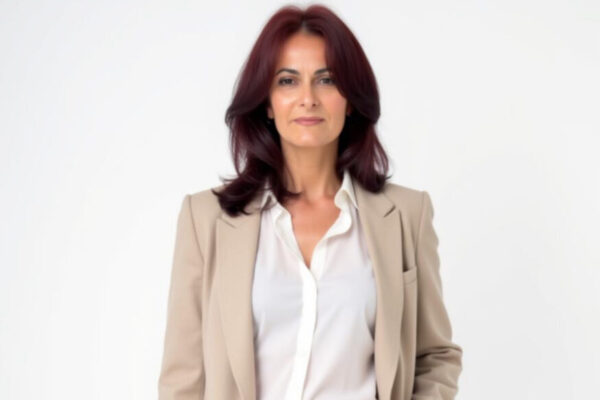Zohran Mamdani’s election as New York City mayor marks a watershed moment for the city, ushering in a new era within the Democratic Party. At age 34, the Ugandan-born Democratic Socialist and Queens assemblymember has become the city’s first Muslim and South Asian leader, making history as its youngest mayor in over a century.
“The future belongs to us,” Mamdani announced to an elated crowd at Tuesday’s celebration in Brooklyn. “Together, we’ve overthrown a longstanding political legacy.”
Remapping City Politics
Mamdani triumphed over Independent candidate Andrew Cuomo and Republican Curtis Sliwa, winning 50.39% of the vote. Cuomo garnered 41.59%, with Sliwa trailing at 7.1%.
Once regarded as an outsider, Mamdani’s focus on affordable living and social equity galvanized support from young and working-class New Yorkers. “A brighter future is on the horizon,” he stated, capturing his campaign’s hopeful message.
His progressive proposals—including free bus rides, rent freezes, universal child care, and a living wage—along with savvy use of social media and grassroots engagement, propelled him onto the city stage, setting new standards for urban campaigns.
Cuomo’s Response and Caution
In conceding, Cuomo acknowledged Mamdani’s movement yet expressed concern: “We need the police for our security. The NYPD must not become a scapegoat,” he insisted. He also warned, “We face uncertain and risky times.”
Cuomo’s remarks expose the widening rifts between the party’s centrist and socialist factions.
Democrats at a Crossroads
Mamdani’s win could lead to the biggest shift in New York Democratic ranks in decades. Chuck Schumer remained neutral; national leader Hakeem Jeffries only gave his endorsement on the eve of early voting.
Such hesitations may fuel attempts to challenge Jeffries’ seat, possibly changing the party’s leadership approach on a national scale.
According to Vernon Jones, the CEO of JIG Media, “Jeffries could have nipped questions about his non-endorsement in the bud by clarifying Mamdani’s lack of support for Kamala Harris, a historic Black female candidate. Many voters only learned this late, from televised ads. Early messaging could have eased the backlash.”
Jones’ view highlights how digital engagement and message control are now paramount in political success—a lesson establishment Democrats ignore at their peril.
Challenges and What Lies Ahead
The rising tide of Democratic Socialists signals that power may be shifting away from legacy figures like Schumer and Jeffries. Mamdani’s victory proves a new movement can claim top city leadership.
Now, the central test: can the new administration meet New Yorkers’ expectations and govern such a complex metropolis?
Other Key Election Results
Elsewhere, Democrat Shirley Aldebol reclaimed the 13th City Council District in the Bronx, winning 51.5% over Republican Kristy Marmorato’s 46.2%. Marmorato made history last year as the first Republican council winner in the Bronx in two decades.
Mamdani’s ascent is not just a change in leadership—it foreshadows a new chapter for New York and the Democratic Party, as a growing younger, radical base reshapes the local and national political landscape.
Subscribe to NYC Politics for the latest on NYC politics, including news, interviews, legislative developments, and more.



















